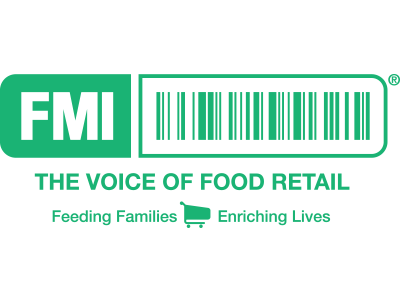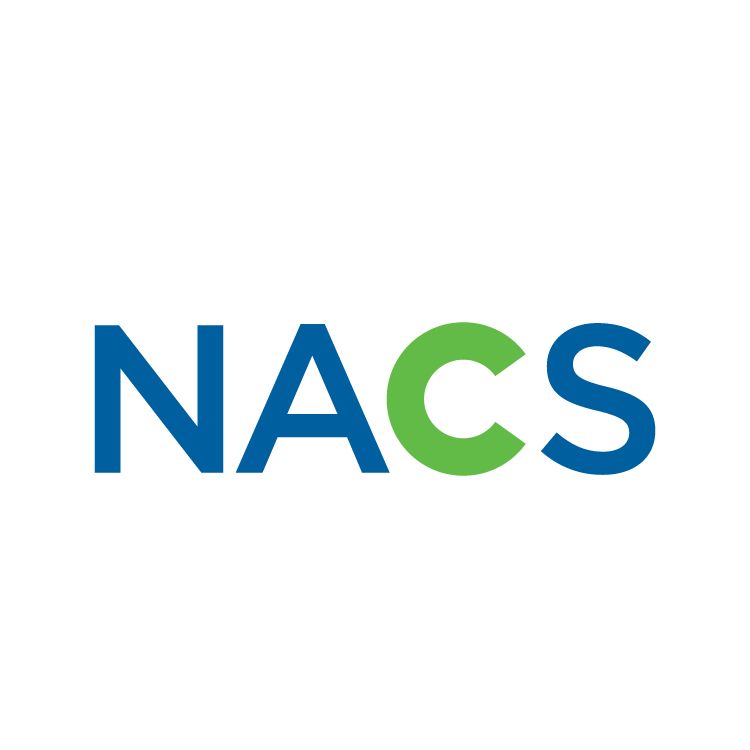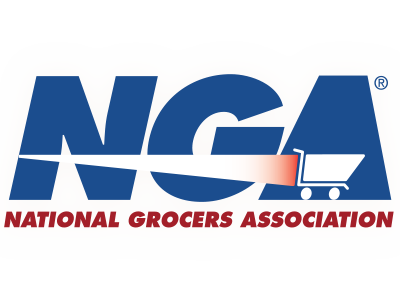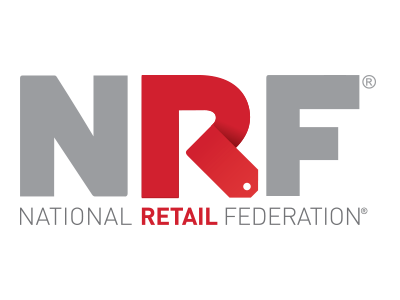
The Secure Payments Partnership (SPP) brings together retail groups and payment networks who are committed to greater security and transparency across the payments system. SPP founding members include the Food Marketing Institute, National Retail Federation, National Association of Convenience Stores, National Grocers Association, and SHAZAM. SPP was formed to anticipate new and better technologies for making payments that are secure and fast. SPP encourages and supports sound policies that improve the payments infrastructure, meet the evolving needs of commerce, and provide convenience and security to businesses and consumers.
The payment system defines all of the industry sectors that play a role in processing and securing payments. That includes merchants, card processors, card networks, financial institutions, and software and hardware technology companies.
Payment card fraud affects everyone involved in making, accepting, or processing transactions. This includes financial institutions, processors, retailers, and consumers. Everyone in the payments system shares the burden of payment card fraud, and therefore shares a responsibility to invest in stronger, more secure technologies.
U.S. payment security lags behind that of the rest of the world. For example, according to a recent study, 42 percent of cardholders (debit, credit and prepaid) in the United States have experienced card fraud in the past five years, compared with a much lower 27 percent of cardholders across the world. We need to reverse this trend by collaboratively addressing payment security in the United States.
In the near term, we believe PIN should be enabled on credit cards, just like most of the rest of the world, for merchants who want to utilize PIN. As payment security and the threats to it become more complex, new technologies will continue to emerge to improve security. These will include mobile and wearable technologies, biometrics (i.e. fingerprints, facial recognition, iris scanning, and vein mapping), geolocation, IP verification, blockchain, ultrasonic sound waves and others. As these innovations evolve over time, the industry must be willing and able to adapt to meet consumers’ demands.
Retailers and other businesses that accept credit cards have paid more than $30 billion to make the switch to “EMV” cards. Retailers are also utilizing innovative technologies to authenticate consumers in online and card-not-present transactions. Payment networks are also on the front lines of developing new fraud prevention technologies, like STAR’s machine learning system that analyzes transactions to detect anomalies and predict fraud in real time, including PINless transactions.
Consumers can do a number of things right now to make their transactions more secure, including:
- Request PIN on your credit card. Most major U.S. banks do not offer PIN on credit cards to make purchases, but asking for it will show that there is a consumer demand.
- Ask your credit card company to enable alerts for certain spending thresholds
- Ask your credit card company about dual-factor authentication methods (like text or email)
- Be aware of phishing emails that can compromise your sensitive personal information
- Monitor your transactions and accounts for any suspicious activity
- Create strong and unique passwords
- Keep your device software up to date
Right now, two things can dramatically improve payment security in the United States. First, ensure that every payment card is enabled with PIN technology and allows retailers to require the use of a PIN at checkout. Second, we need to create an open dialogue and collaboration between retailers, processors, competitive networks, financial institutions and consumers to ensure the entire payments ecosystem is involved in setting and enacting payment security standards.





